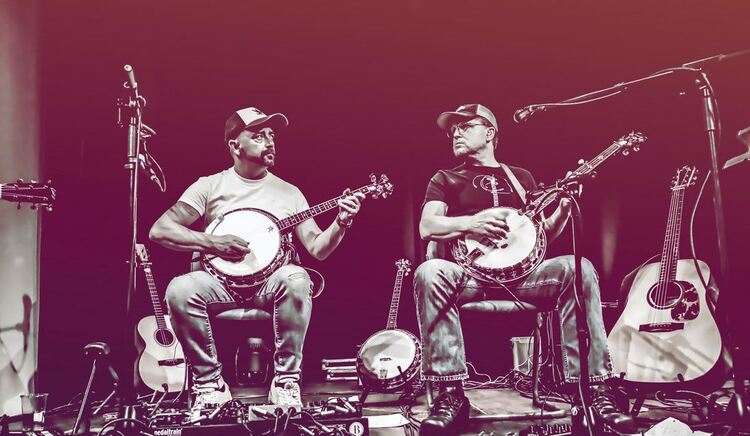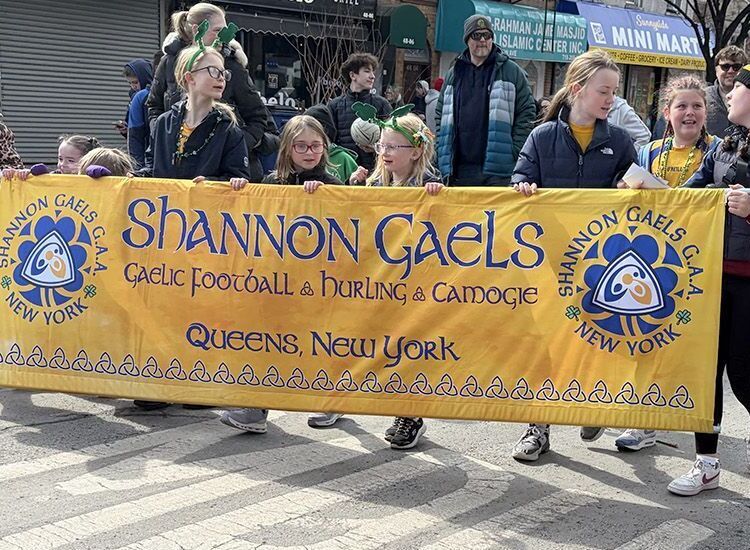By Peter McDermott
The pastor of New York's oldest Catholic parish has given his backing to the controversial Islamic center at Park Place, citing the "inalienable right" to build.
The Rev. Kevin Madigan, of St. Peter's Church on Barclay Street at the edge of Ground Zero, said that people in the community were happy with the plans for Park51, the proposed 13-story complex that has become a national issue this month.
"I have a problem with the view that says: 'Why can't they compromise and go some place else.' Well, that means they have to give up their rights; they're relinquishing their rights. So that's not compromise. That's asking them to cave in," he said.
"There are certain things we don't vote on - the right to speak your mind, the right to worship as you please and the right to assemble. They're called 'inalienable' because they cannot be taken away," the priest added.
For Madigan, dialogue between the various parties is the proper compromise, not the forcing of the Muslims out of the neighborhood.
He believes there are precedents for that in American history - for instance, when Catholics first came here in significant numbers. While there were ethnic antagonisms between the established group and the newcomers, he said, the philosophical differences were more important.
"There was somewhat of a legitimate fear about the Catholics because it was after the French Revolution and the beginning of democracy in Europe. The papacy was very much afraid of that because they represented the old order," Madigan said, adding that this was a time when there were still papal states.
"All the papal documents at the time were against democracy. The people of this country, the first democracy, were afraid these immigrants were going to come in and restore a king and stuff like that. So therefore the Catholics had to show they were able to be as good Americans as anyone else," he said.
Madigan said that representatives of the cultural center should have an opportunity to explain their plans and to prove that they're not associated with terrorism.
"That will address the legitimate concerns of the families. So there's a meeting of the minds there - each side can give a fair hearing to each other," Fr. Madigan said. "The Muslims should have the center where they want to have it with the clear understanding that they're not going to be doing anything that's going to be offensive."
The FBI had checked out Imam Feisal Abdul Rauf, the founder of Park51, and the community had discussed the center and approved it.
The New York Post quoted one line from his speech at the community board at the time. "That was the beginning of my downfall," he said, laughing. "I got four negative phone calls and one positive."
He said of some of those who object to the center: "They see the same picture a 1,000 times and they think they understand all about 9/11," he said. "They think they can speak about the whole situation here and really they're very much misinformed about the whole endeavor."
As for the 9/11 families, he added: "Only one organization has spoken out one way or another - that's a group called Families for Peaceful Tomorrows." The group has no objections to the center.
"There are other self-appointed spokespeople and they're the ones who are saying this is offensive,"
he said. "But nobody knows how many families are for or against it."
Madigan had just finished Mass when the attack began on Sept. 11, 2001. Part of the landing gear hit the church; another part of it hit the Burlington Coat Factory, the site of the new Islamic cultural center two blocks north.
The priest looked for a triage center so he could help the wounded. "But as we found out, you either walked away from it or you were killed," he said.
He was inside the Church Street exit of the World Trade Center (E train) subway station with some police officers and civilians when the first tower fell. After the dust had settled somewhat, they linked arms and made their way along the platform. They found another exit further north.
"We were told to go up to St. Vincent's Hospital to have our lungs checked," he recalled.
Meanwhile, more than 30 bodies were laid out in St. Peter's sanctuary. Fr. Fussner, his now retired colleague, said a prayer for the dead.
In the weeks and months that followed, the church was open 24 hours a day. "Nobody would steal anything because there were soldiers here," he said.
The pastor said he's very happy that Archbishop Dolan has spoken out in the recent controversy, citing the previous historical discrimination against Catholics.
Madigan, who was ordained a priest in 1970, grew up in the Bronx. His late parents were from Kerry and Kilkenny, counties that are each famous for their specialization in one of the two main Gaelic sports. "The football on my mother's side, the hurling on my father's," Madigan said, laughing. "We were less dysfunctional because there was never any argument over games."
Historical footnote: St. Peter's and the battle for liberty
St. Peter's on Barclay Street, New York's oldest Catholic parish, has been at the center for battles for religious liberty for more than 200 years. In January 1806, parishioners organized a petition of the State Assembly on behalf of Francis Cooper, the first person of their faith to be elected to that body. The assemblyman was required to renounce all foreign authority "in all matters ecclesiastical." The petition was successful, despite some strong opposition to it.
On Christmas Eve of the same year, a group of about 50 men associated with a group known as Highbinders surrounded the church during services. The poorer Irish members fought back against the Highbinders over the next two days. A constable was killed in the rioting.










